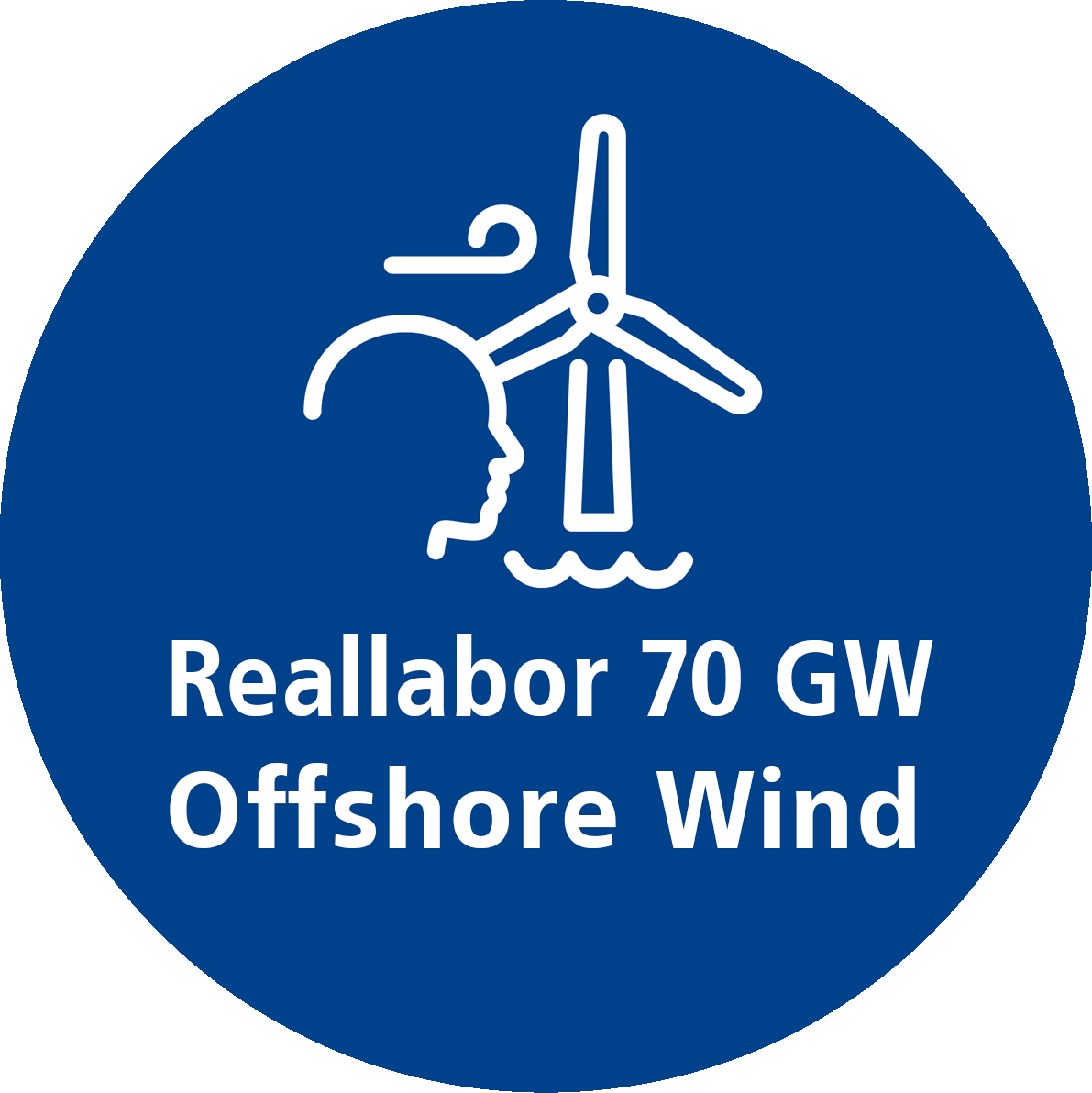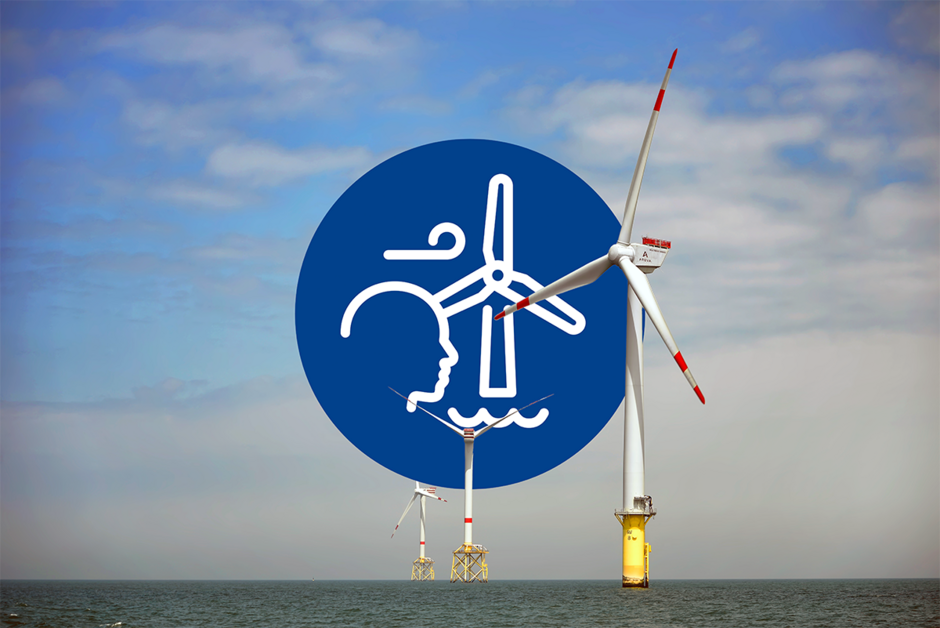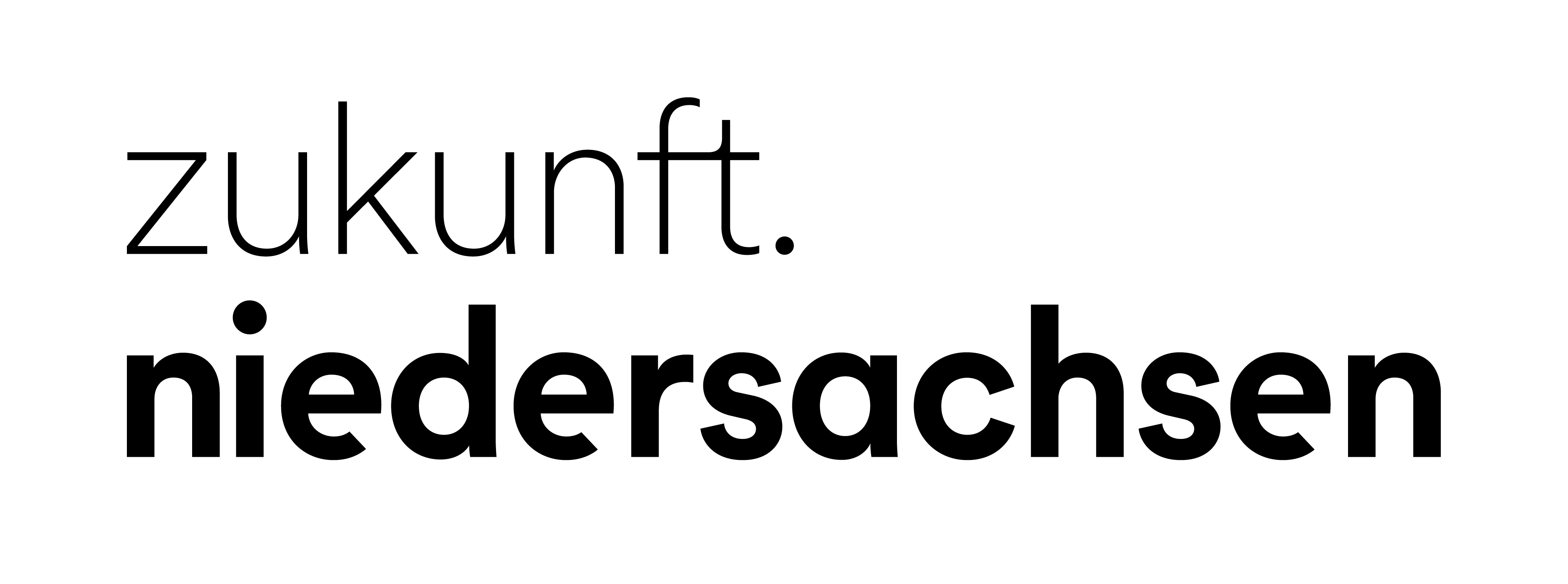Aims and methods of the Living Lab
In conjunction with the overall TEN.efzn project, the research platform “Reallabor 70 GW Offshore Wind” is creating a unique research and innovation ecosystem in which a demand-oriented topic area with great scientific potential is addressing a holistic view of the planned expansion of wind energy in the German North Sea by 2045 for the first time. This approach is reflected structurally in five areas of innovation. In addition, there are already indications of overlaps with the other research platforms.
For the first time, the “Reallabor Offshore” is linking technical research to maritime spatial planning, which is not only based on modeling wind energy yields, but also considers environmental impacts and co-use aspects. Technical innovations will not only be based on performance, longevity and costs, but also on the consequences for the marine environment. These in turn, together with the necessary structural change in coastal regions, which also offers great opportunities, are decisive for the social acceptance and support of the massive expansion of offshore wind energy.
Organization of the Living Lab
The spokesperson team of the Reallabor 70 GW Offshore Wind represents the research platform externally. They are the contact persons for the press and the public. The coordinator is responsible for project management, administration and the exchange and networking with the other research platforms in TEN.efzn.
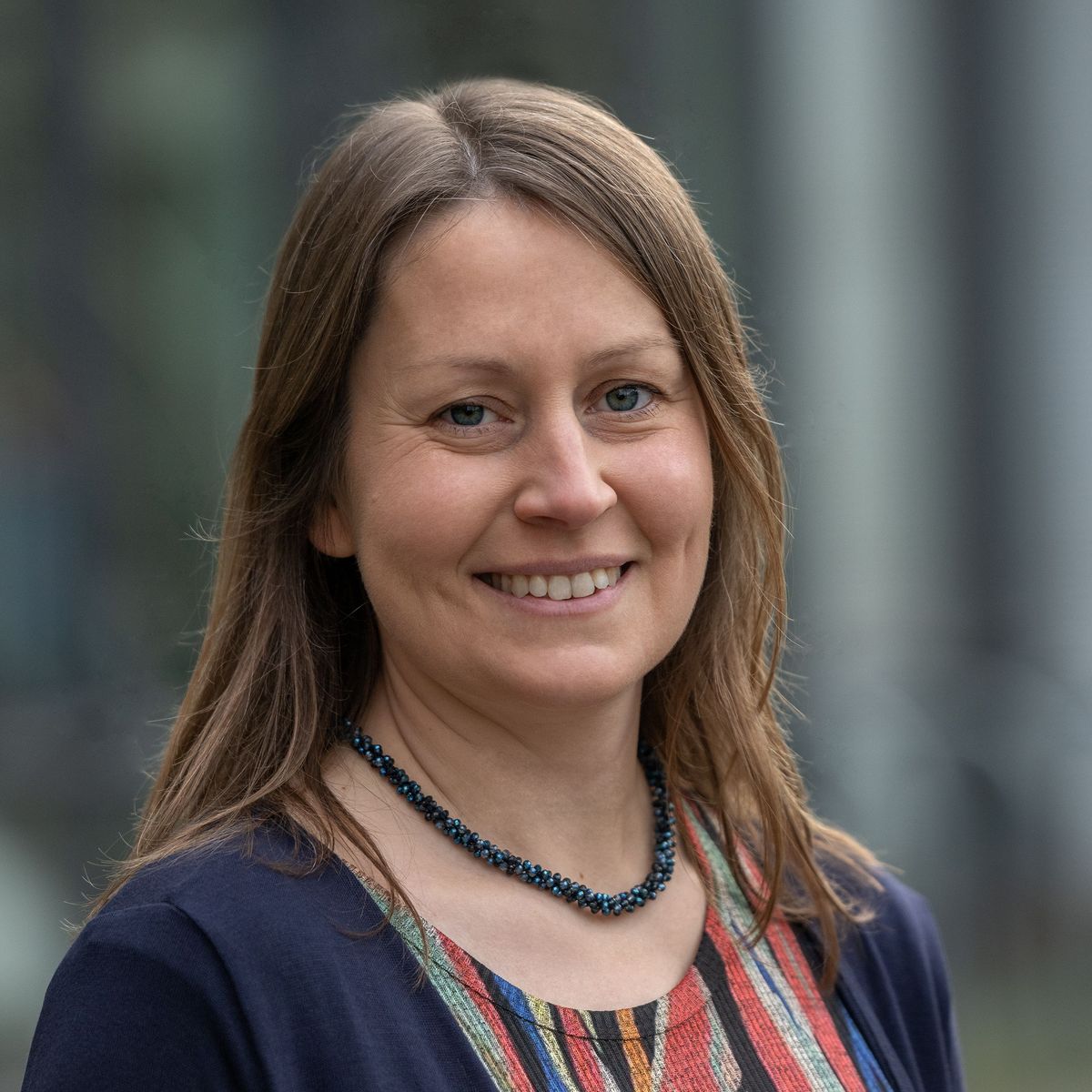
Prof. Dr. Kerstin Avila
Carl von Ossietzky University of Oldenburg
ForWind – Center for Wind Energy Research
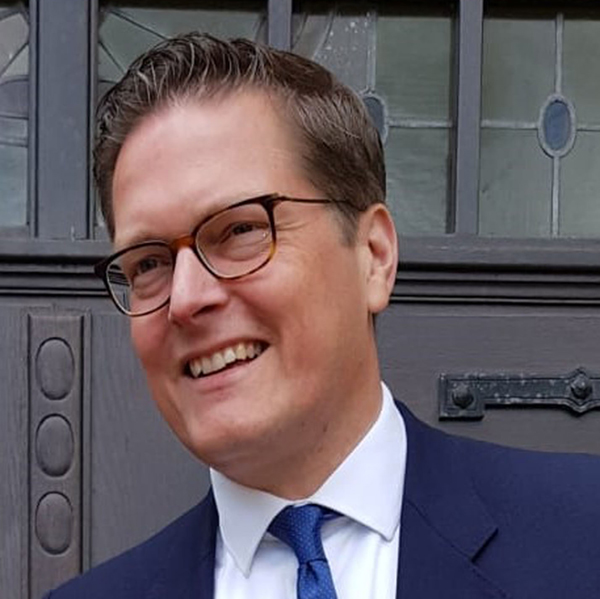
Prof. Dr.-Ing. habil. Torsten Schlurmann
Leibniz Universität Hannover
ForWind – Center for Wind Energy Research
Ludwig-Franzius-Institut
Forschungszentrum Küste
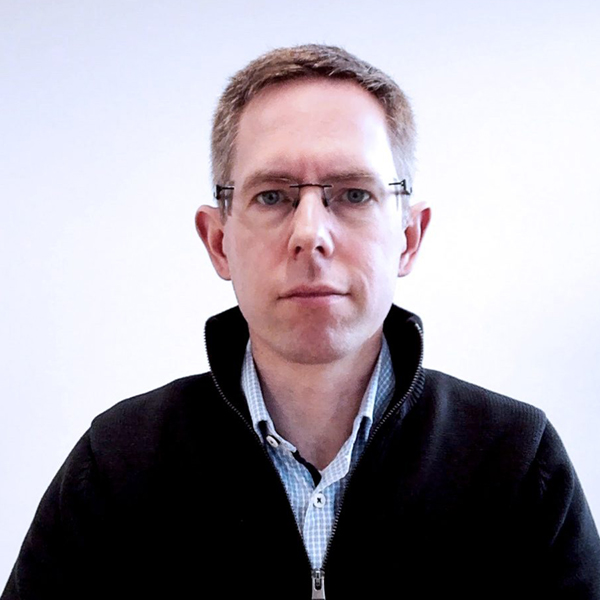
Dr. Stephan Barth
ForWind – Center for Wind Energy Research
